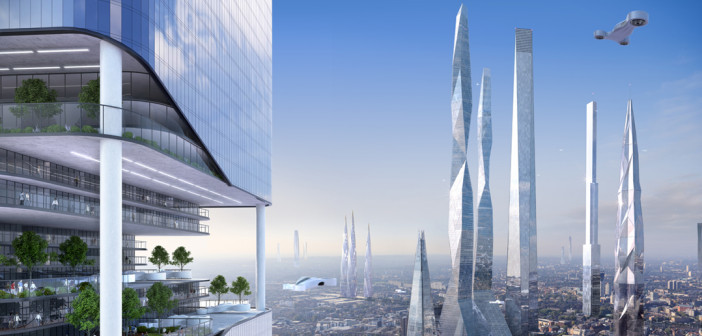With the number of 4G connections doubling in 2015, still around 40% of the world’s population is without access to the internet
Mobile World Congress: The opening keynote from Mobile World Congress in Barcelona concentrated on the theme of this year’s show, ‘Mobile is Everything’, and how the mobile industry still needs to work harder to connect the people still without access to the internet.
It was noted that the number of 4G mobile connections worldwide has risen above the one billion mark, according to a new GSMA study that shows 4G is on track to account for a third of all mobile connections by 2020. The study calculates that the mobile industry made a $3.1 trillion contribution to the world economy last year, equivalent to 4.2 per cent of global GDP, stated Mats Granryd, moderator and Director General at the GSMA.
This figure is predicted to rise to $3.7 trillion by 2020. The 2016 global edition of the GSMA’s ‘Mobile Economy’ series of reports points to an accelerating technology shift to 3G and 4G mobile broadband networks across both developed and developing markets, which is fuelling digital innovation, smartphone adoption and mobile data growth.
The industry is contributing to the global economy, directly and indirectly supported 32 million jobs in 2015, forecast to rise to 36 million in 2020, and contributed $430 billion to public funding in the form of various types of taxation, a figure expected to grow to $480 billion in (excluding fees paid by operators for spectrum licences, which generated more than $90 billion in 2015).
However, while GSMA figures show that 4G accounted for one billion of the 7.3 billion mobile connections [not including M2M]reached by the end of 2015, with the number of 4G connections doubling in 2015, still around 40% of the world’s population is without access to the internet. Granryd noted that, “…we need to be more innovative, more collaborative, and double our efforts… to be able to connect everyone”.
Yet the richness of mobile services will serve to bring that 40% of unconnected people onto the networks as they become available, said Jon Fredrik Baksaas, GSMA Chairman. He used Telenor’s work in Myanmar as an example. Myanmar went from very low mobile penetration, almost zero, to 50% to 60% of the population on the mobile network within 18 months. “This is incredible…people just jumped on these services; it just happened. The attractiveness of these kind of services is there,” Baksaas said.
Looking ahead for the rest of the globe, Vittorio Colao, chief executive at Vodafone, introduced the theme of the Gigabit Society, which he claimed will be, “very high speed, very low latency, very high coverage”. He said the Gigabit Society will make businesses more efficient through huge cost savings, and will make work more flexible for the employee.
Savings from digitisation of processes and people are being achieved now, he said, pointing to the New Zealand Police Force that has already made savings of Euro 182 million per annum by digitising its force. Also, the changing social contract of employees means workers are helping to make companies more profitable through flexible working, as well as adding to the ‘green’ contribution, making businesses more environmentally healthy.
He concluded that by 2022 the Gigabit Society will create a more “sustainable and fair society for all,” and added that, “the enterprise and the consumer will enjoy the Gigabit Society, but more importantly the whole planet will enjoy the move from digital to gigabit.”





